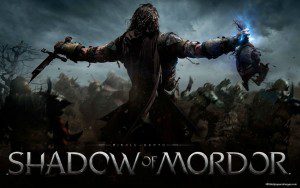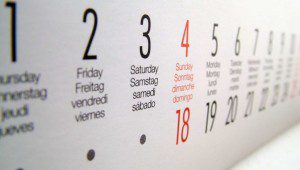Institute for Positive Psychology and Education
PhD Scholarship Opportunity
Professor Richard Ryan and Associate Professor Chris Lonsdale are seeking to recruit a promising student to complete a PhD under their supervision at the Institute for Positive Psychology and Education (IPPE), AustralianCatholic University.
The candidate will complete a doctoral thesis on a topic related to a randomised controlled trial of a web-based teacher professional development intervention. The intervention is grounded in self-determination theory principles and is designed to promote autonomous motivation towards physical activity in primary school-aged students. Thesis topics could include, but are not limited to, the effects of the intervention on students’ health, well-being, and engagement with academic lessons.
We welcome applications from individuals with a background in psychology, education, sport science, or another discipline related to the project.
Successful Candidate will Receive:
- a tax free stipend of $30,000AUD per annum for three years;
- funding for project costs;
- a Commonwealth-funded place for domestic students;
- a tuition fee waiver; and
- Overseas Health Care Policy for international students.
A start date in 2015 is preferred.
For more information about IPPE, please visit:
http://www.acu.edu.au/research/research_institutes_and_programs/ippe
How to Apply:
Please complete the Postgraduate Scholarship Form and send to res.cand@acu.edu.au.
Applicants should also include a cover letter of not more than two pages providing evidence of:
- Academic excellence, including, but not limited to, academic awards or grants;
- Skills in quantitative research methods and statistics;
- Previous research experience;
- Alignment of research experience and interests with the Physical Activity, Sport & Health Psychology research theme within IPPE;
- Ability to contribute to a team; and
- English language skills.
Applications Close: March 31, 2015 or until a suitable applicant is found.
For specific information about this position:
Please email Chris Lonsdale (chris.lonsdale@acu.edu.au).








 Studies have found that having weekends to relax not only makes us happier, but healthier, too:
Studies have found that having weekends to relax not only makes us happier, but healthier, too: